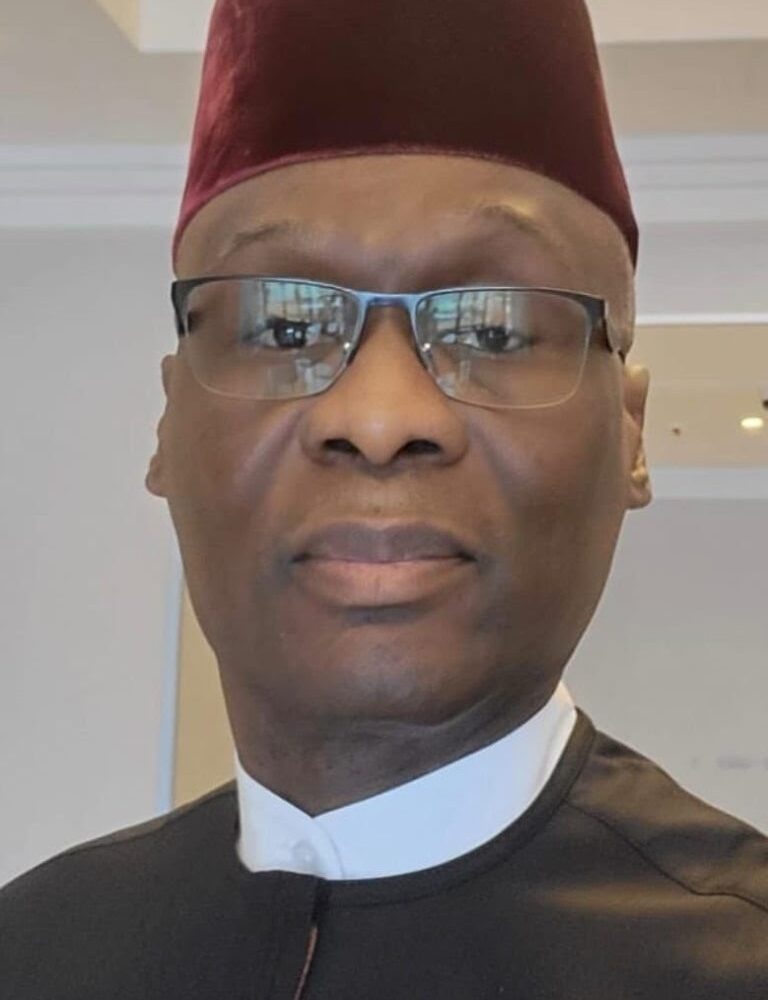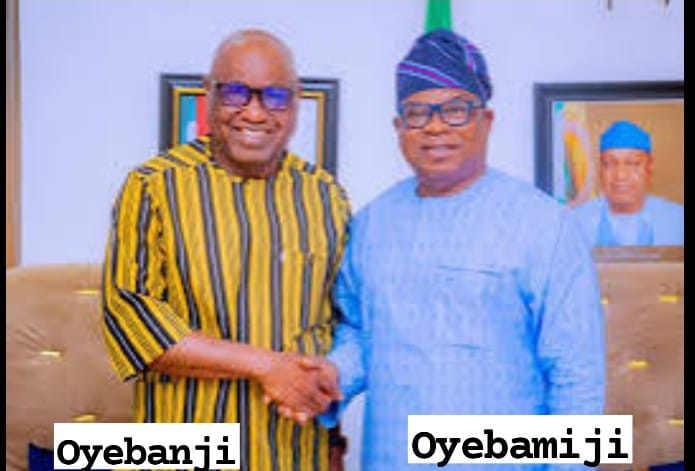In the Name of Allah, Most Merciful, Most Compassionate
All praise is due to Allah, the Lord of all creation—may He extol the Messenger in the highest company of Angels and send His peace and blessings upon him—likewise upon his family, Companions, and true followers.
Dear brothers and sisters! Today I would like to talk about one of the most important topics in Islam. This Monday article will discuss the topic of love and thanking people, as in loving one another for the sake of Allah Almighty.
My beloved people! In today’s society we have many ways of making friends and meeting friends. Friendship bonds are made at school, college, university, work, in the field of da’awah and now increasingly on social media sites (Facebook, WhatsApp, Twitter, Telegram, Instagram etc). We all have friends that we share common interests with who make us feel comfortable and happy.
However, we as Muslims should look closely at our friends, think about the real things that matter and see if and how much we love these friends for the sake of Allah Almighty. The Prophet (Peace be upon him) explained, Allah Almighty said:
“Those who love one another for My glory will be upon Mimbars (Pulpits) of light [high positions], and the Prophets and martyrs will wish that they had the same.” [At-Tirmithi]
Certainly, Muslims, like everyone else, wants friends who share interests with them and are fun to be with. We all enjoy having a picnic with a friend or going out to dinner with friends, and who does not like going to a gathering with some of their best friends? But, that is not all of what a truly Islamic friendship is about. In fact, an Islamic friendship is not that simple at all. In Islam, brotherhood and sisterhood bind true friendships, which are bonds that are stronger than typical friendships. They are bonds that exist for a much higher reason and with a greater goal.
As Allah Almighty stated in the Qur’an, the reward for true friendship and love of one another is an exalted place in paradise. The wisdom behind this friendship is that true friends want what is best for you, not just in this, but in the other world. And the only way you can achieve joy and wellbeing in both worlds is by knowing and loving your Creator. By your servitude to him can you get to know Him and be close to your Creator. Therefore true friends love for the sake of their Lord and help each other obtain not only worldly but happiness beyond this world.
Love for others comes in different forms. Love between a husband and wife is one of these forms and friendship is another form. However, as we said before, love has many different aspects but the most important is the knowledge of the Creator and mutual love in His name.
The rewards of loving another for Allah’s Almighty sake are consistent with the importance of such love.
Its impact is not limited to the individual but can affect the entire structure of a society, for if all loved each other for the sake of the Creator, rather than just for the virtues they have or the benefit we have from that friendship, then true harmony and peace could exist. If we could each want for our friends what we want for ourselves, the world would be a better place.
Islam does not just recommend you to love each other; it commands it.
The Prophet (Peace be upon him) uses very strong words in encouraging the Muslims to love one another. He said:
“I swear by the One in Whose hands my soul is, you will not enter Paradise until you believe, and you will not believe until you love one another. Shall I not tell you of something that if you do it, you will love one another? Spread salam [greeting one another saying: As-Salam Alaikum] amongst yourselves.”
Here the Prophet (Peace be upon him) is saying that we cannot and will not be believers until we love one another. Until we love one another we can’t have faith or enter paradise.
We need to think long and hard and see where we stand, and how many friendships we have for the sake of The One (Allah).
Dear brothers and sisters! There is a great blessing and wisdom in the words of our beloved Prophet (Peace be upon him), please take this advice and apply it, love in the name of Allah Almighty and greet each other with peace (Salam).
The following is a narration from Anas Ibn Malik (RA) from the Prophet (Peace be upon him) regarding the etiquette of loving one’s brother for the sake of Allah:
“From Anas ibn Malik (RA) that a man was with the Prophet (Peace be upon him) when another man passed by and he said: ‘O Messenger of Allah, I love this man.’ The Prophet (Peace be upon him) said to him: ‘Have you told him?’ He said: ‘No.’ He said: ‘Tell him.’ So he caught up with him and said: ‘I love you for the sake of Allah!’ He said: ‘May the one for Whose sake you love me also love you!’…” [Abu Dawud]
In another narration, the Prophet (Peace be upon him) is reported to have said. From Al-Miqdam Ibn Ma’dikarb (RA) who said: The Messenger of Allah (Peace be upon him) said:
“If one of you loves his brother, let him tell him (when one of you loves his brother, let him know).” [At-Tirmidhi]
Imam Al-Munawi comments in Faid al-Qadir as follows:
“So let him tell him that he loves him for the sake of Allah’ means, it is recommended (nadban) for him to tell him by saying, ‘I love you for the sake of Allah’, i.e., not for any other reason such as kindness or other such reason. This is because it ensures closeness remains and makes love stronger. And by it love further increase and multiplies and brings people together. In this way, the Muslims become united and troubles and grudges are dispelled. This is one of the great features of Islam…” [Faid al-Qadir of Imam Al-Munawi]
And concerning thanking people, the Messenger of Allah (Peace be upon him) said:
“He does not thank Allah, he who does not thank the People.” [Abu Dawud, At-Tirmidhi and Ahmad]
Respected brothers and sisters! From the Islamic mannerisms which are befitting for a Muslim to adhere to, is to show gratefulness to the one who was good towards you, any type of goodness, whether it was by (sharing) knowledge or commanding good and forbidding evil; or by doing good in fulfilling a person’s needs, or assisting people in any ways, by saying:
“Jazakallah Khairan: Allah reward you with good.”
If you said that to him, indeed you have excelled/done your utmost in praising him, praying for him and thanking him.
As for the one who does good to you and you didn’t thank him, or mention him with good, then this is a blessing a person has been ungrateful towards. Oh Muslim, it is not from Islamic manners to reject some goodness which someone – whether close to you or far from you – has done to you. And this is the meaning of the Prophetic Hadith:
“Whoever does not thank the people has not thanked Allah.”
Allah is The Bestower of Blessings; The Most Great; The Good Doer (to His Servants); The Generous; the people likewise are good doers within the limits of their ability. i.e. some of them are good to others. So whoever has good done to him by people then it is from Islamic etiquettes to thank them for being good towards him – whatever type of goodness it may be, the Messenger of Allah (Peace be upon him) said:
“Indeed Allah has prescribed goodness/perfection (ihsan) on everything.” [Muslim]
And from the errors made is that the one who is close to you (friend/relative etc) or far from you; does good to you and you do not thank him for his goodness nor mention him with good in order that supplication can be made for him.
This article was prepared and sent to you from here on my admission bed in the National Hospital Abuja, Nigeria. I’m very grateful for your words of encouragement, support, concern, prayers and Du’as. And please still your kind support, Du’a and prayers are needed.
I Thank you all, Wa Jazakumullah Khairan, ameen.
All praise is due to Allah, the Lord of all creation; may Allah extol the mention of our noble Prophet Muhammad in the highest company of Angels, bless him and give him peace and security―and his family, his Companions and all those who follow him correctly and sincerely until the establishment of the Hour.
Murtadha Muhammad Gusau is the Chief Imam of Nagazi-Uvete Jumu’ah and the late Alhaji Abdur-Rahman Okene’s Mosques, Okene, Kogi State, Nigeria. He can be reached via: gusauimam@gmail.com or +2348038289761.





